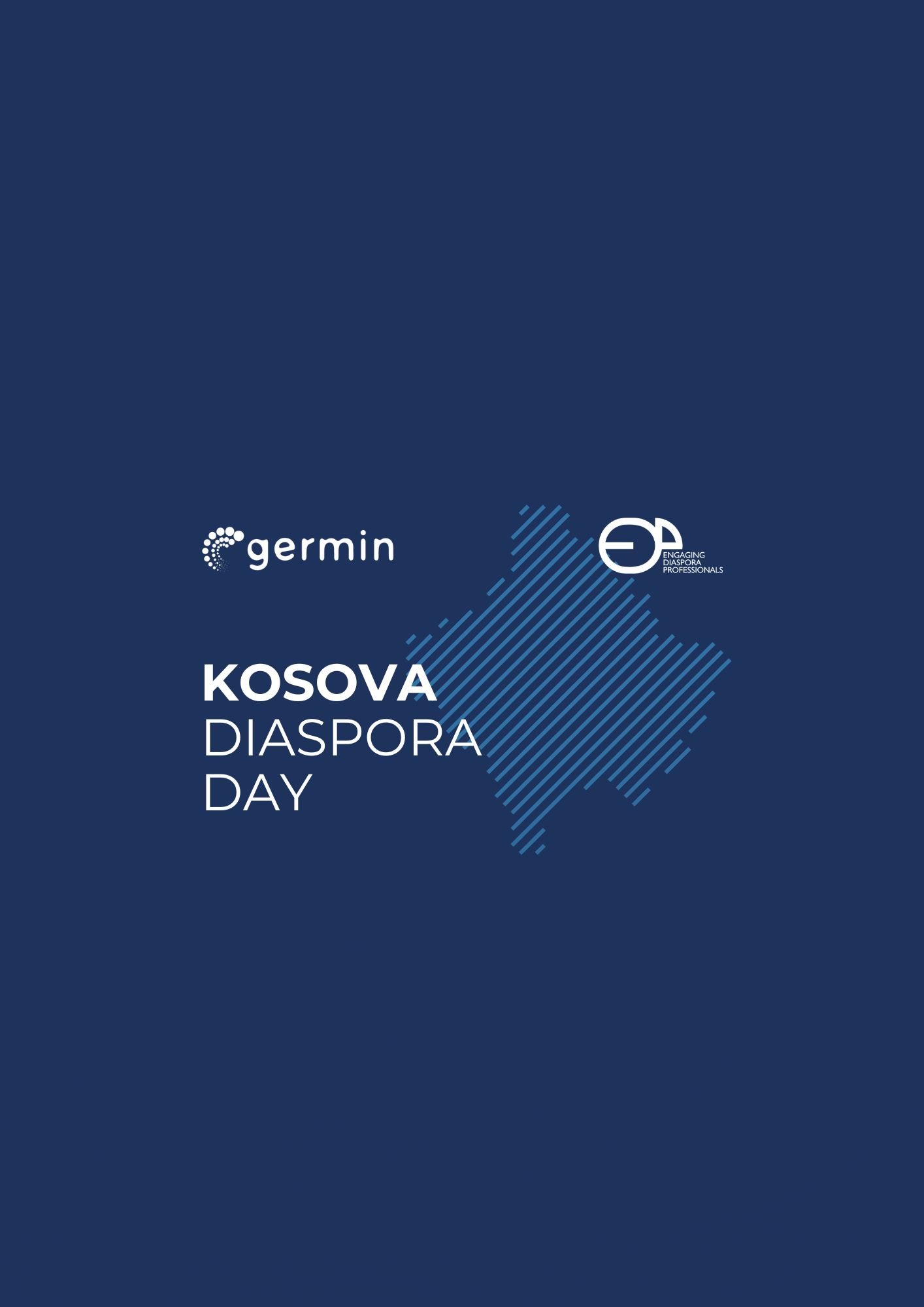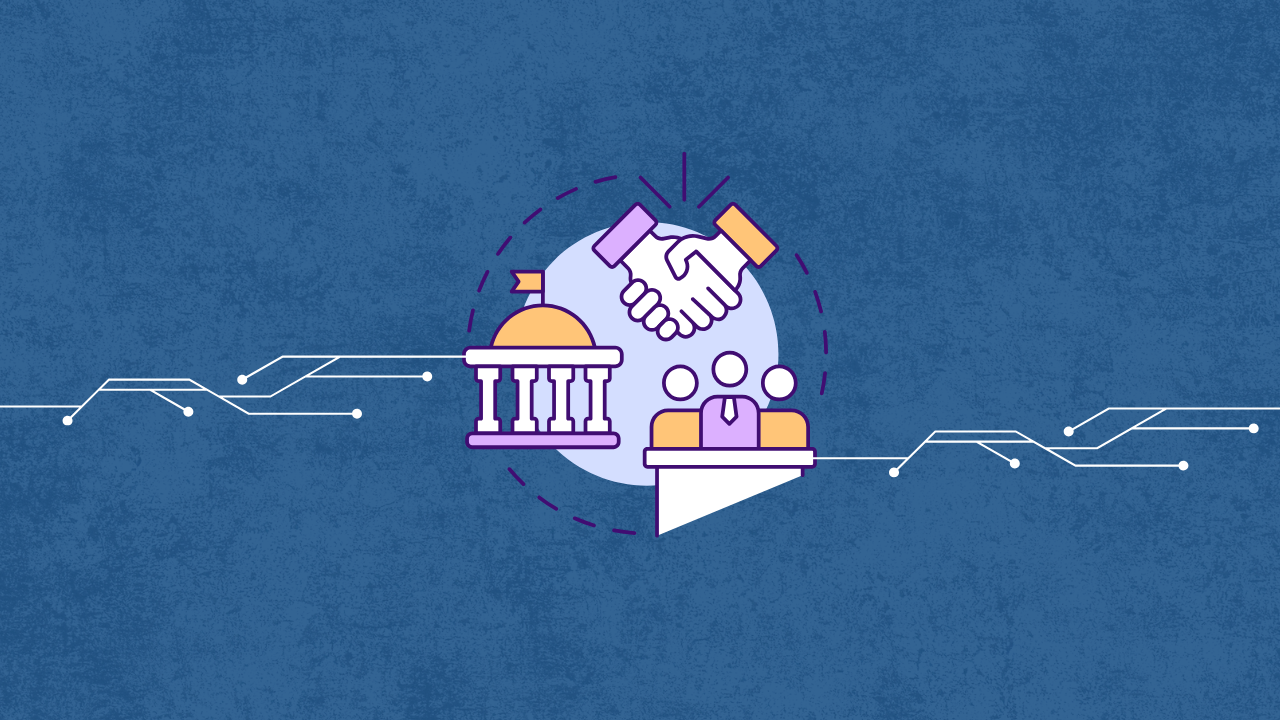The conference “Diaspora Flet” was supported by GIZ – German Agency for International Cooperation. One of the discussion panels at the “Diaspora Flet” conference was dedicated to professionals who have returned and are contributing to their homeland in various fields. This panel was titled “Utilization of potential, promotion of development”, which included returned professionals and diaspora experts, who through the global program of GIZ “Migration and Diaspora” are contributing to socio-economic development in Albania and Kosovo, in public institutions, academia and civil society organizations. This panel also included Mr. David Oberhuber – GIZ Country Director for Kosovo and North Macedonia. The “Migration and Diaspora” program is a program mandated by the German Federal Ministry for Economic Cooperation and Development. It is implemented by the German agency for international cooperation GIZ. In the 60 minutes of the discussion the experts talked about their experiences in Germany, their studies, as well as their professional engagement there, and focused on the current engagement they are developing with the GIZ projects in Albania and Kosovo. Each of the experts expressed suggestions and personal experience on engagement and collaboration. The discussion focused from leaving to returning the brain to the homeland, what are the concrete projects to be implemented, the role of government institutions in creating bridges of cooperation and providing concrete spaces for the return of professionals in many fields in Albanian-speaking lands.
“Diaspora Flet” the successful and innovative diaspora conference that this year took place online on 19,20,21 November and offered a concrete space for the engagement of the Albanian diaspora and its projects in the coming years. This conference connected and brought together professionals, businesses, investors, communities, activists and experts from the diaspora and countries such as Albania, Kosovo, Northern Macedonia and Montenegro. The conference turned out to be one of the most successful in recent years, although developed in a difficult year, due to the global pandemic, a situation that led to the realization in a virtual way. Although it could be viewed with a bit of skepticism at first, due to the limitation in not organizing in a hall and the absence of people physically, the conference turned out to be closer to Albanians thanks to their participation and commitment as listeners, but also as suggestions on topics. It is worth noting that the interest was raised by different age groups, from countries around the world to be part of the conference, which highlights the interest of Albanians wherever they live to be present in issues and discussions about their country and in the availability for input.
All Albanians wherever they live had the opportunity to see in real time everything that was discussed during the three days of the conference and the organizers offered the opportunity for them to write their questions and comments in each discussion session. This conference created bridges with various professionals around the world. It provided an opportunity to exchange best practices and reflections on performance in the coming years and how the role of the diaspora should be further strengthened. It is also worth mentioning the promotion that this conference made to some of the businessmen, philanthropists, experts in various fields who are focused on investments or engagements in various institutions.
The organizers managed to realize a contemporary conference, structured with current and comprehensive topics with an excellent organization, professional, and technical assistance dedicated to each session. The information provided by the organizers was detailed and each participant felt comfortable and appreciated. This conference also received attention from many prestigious media in Kosovo, Albania and the diaspora. The organization with panels and with the participation of many personalities from different fields further strengthened the mission and objectives of the conference, managing to bring comprehensive cooperation, as well as even greater interest in future events and projects that the organization Germin will develop. This conference made it possible to bring as many Albanian professionals as possible wherever they live.
In this conference, the topic of discussion focused on the return of the brain to the country prevailed, and what are the concrete projects that should be implemented for the return and provision of professional experience by professionals in many fields in Albanian-speaking lands. In these years it is necessary for the return of professionals to contribute and provide their experience for public administration, civil society, business in every field and sector.
The conference “Diaspora Flet” also directly contributed to the development of causes, identification of shortcomings in politics, but also in social issues, youth engagement, as well as the identification of professionals living in the diaspora who want to contribute to their homeland .
The Diaspora is the largest carrier of the Albanian intellectual brain and has given over the years a great contribution, such as the protection of human rights, preservation of language, identity, economic and social development. The Albanian Diaspora has played a key role in the national cause as well as in the creation of the state of Kosovo. The Albanian Diaspora is heterogeneous in two respects, of the time of exile and in terms of the country from which they emigrated. Albanians for centuries in the world have had dozens of personalities and intellectuals in every field who have raised the name of Albania even more thanks to their contribution. Thanks to initiatives and projects by organizations such as Germin, Global Albanian, Giz, etc., the desire to return professionals to their homeland and give their contribution in various fields has been noticed. The Albanian Diaspora over the years has played an important role in the dynamic developments, at the top of the processes, and the financing in more than two decades in the native countries. The networking of professionals in the diaspora makes the role of the Albanian diaspora concrete, strong, and solidarity ready to contribute to the native countries.



